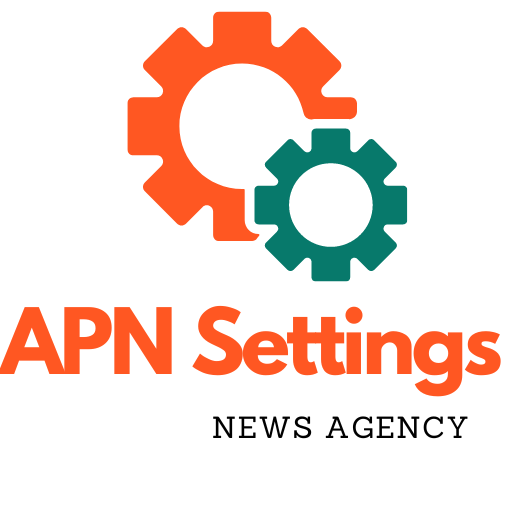In today’s fast-paced world, businesses are continually looking for new methods to improve their recruiting processes and locate the finest personnel. Artificial Intelligence (AI) has emerged as a possible option in the recruiting field as a result of fast technical breakthroughs. According to a research, nearly 67% of HR experts feel that AI provides several benefits and has a favorable influence on the recruiting process.

So, what exactly is AI recruitment? It is the use of artificial intelligence to better the talent acquisition process. Recruiters may automate manual processes and optimize the recruitment cycle by employing machine learning techniques. AI-based technologies, for example, can do repetitive, high-volume operations swiftly and efficiently. It will allow recruiters to concentrate on more strategic activities such as developing connections with applicants.
The Use of AI Technologies in the Recruiting Process
AI-powered recruiting technologies are revolutionizing the way recruiters find, screen, and pick prospects, making the process faster, more efficient, and more accurate. Chatbots are used to engage with candidates, respond to tailored questions, and do preliminary assessments. They communicate with prospects using NLP and machine learning techniques to deliver a smooth experience.
Resume screening programs are also gaining popularity since they can scan resumes for keywords, credentials, and experience fast and efficiently. Using an AI-powered Applicant Tracking System (ATS), for example, allows recruiters to scan hundreds of CVs, identify qualified prospects, and speed the selection process. Moreover, predictive analytics software may evaluate data from a variety of sources, including social media, to determine which applicants are most likely to succeed in a specific capacity. Recruiters may use it to make data-driven decisions and find outstanding talent.
Another AI-based technology used to conduct first interviews with candidates is video interviewing. These tools analyze candidates’ talents, personality, and appropriateness using facial recognition, sentiment analysis, and other AI technologies. Moreover, applicant matching systems employ AI algorithms to compare candidates’ abilities, experience, and credentials with job criteria to rapidly and efficiently locate appropriate individuals.
Let us examine this further using an example. HCL Technologies, an IT behemoth, automates recruiting procedures via an AI-powered platform called HCL TalentCare. It examines job postings and candidate resumes to find the best candidates for a position. It also features a chatbot that gives candidates real-time feedback and much more. It has aided HCL in reducing time to hire and improving applicant quality. Other firms on the AI recruitment boat include Tech Mahindra and Unilever.
AI-Powered Recruiting Tools: A Game-Changing Opportunity for Recruiters
AI might be a game changer for startups or any other firm, large or small, wanting to raise their recruiting game in the following ways:
Saving time and resources: AI-based recruiting solutions may automate numerous recruitment procedures. Chatbots and other tools may create a personalized and seamless experience for candidates, allowing them to interact with recruiters and receive spontaneous feedback. It frees up recruiters’ time to focus on more important activities like developing connections with applicants and enhancing the entire candidate experience.
Increased accuracy and efficiency: AI techniques can improve recruiting accuracy and efficiency. They can evaluate vast volumes of data, spot patterns and insights that people would overlook, and do jobs more quickly and effectively. As a result, the recruiting process is more accurate, with a better possibility of discovering top talent, and more streamlined, resulting in a shorter time-to-hire, which is especially significant in highly competitive sectors.
Reducing prejudices: By concentrating on applicant credentials, abilities, and experience, AI-based technologies may also assist reduce biases in the recruiting process. It eliminates the possibility of unconscious biases impacting the selection process, such as those based on gender, age, ethnicity, or race.
The Neglected Aspect
It is critical to remember that, while technical abilities are necessary, they cannot ensure success in a profession. “You can employ a Wozniak, but you can’t make him produce the product you want,” as the saying goes. It emphasizes the significance of assessing a candidate’s technical talents as well as their ability to match with the organization’s goals and culture. With AI-based recruiting tools, hiring managers can guarantee that the algorithms are not unintentionally propagating prejudices or focusing primarily on technical abilities.
However, a comprehensive strategy that takes into account both hard and soft talents may perform wonders in selecting top personnel that will grow inside the firm, especially for product companies. Companies may establish a professional staff that is also connected with the company’s values and goals by employing an employee-centric strategy. Artificial intelligence-based solutions can help with this process by evaluating data on a candidate’s history, experience, and communication style to create a more thorough picture of their fit inside the business.
Prospects for the Future
The recruiting sector is being transformed by artificial intelligence. AI-based recruiting tools are projected to increase in tandem with technology advancements such as augmented reality and virtual reality. While AI has the ability to improve the applicant screening process by saving recruiters time, it is crucial to be aware of any accidental biases that may exist. As a result, exerting oversight and quality control over AI-based judgements can lead to even better results. AI is paving the way for intelligent recruiting, and the future of recruitment is bright.
